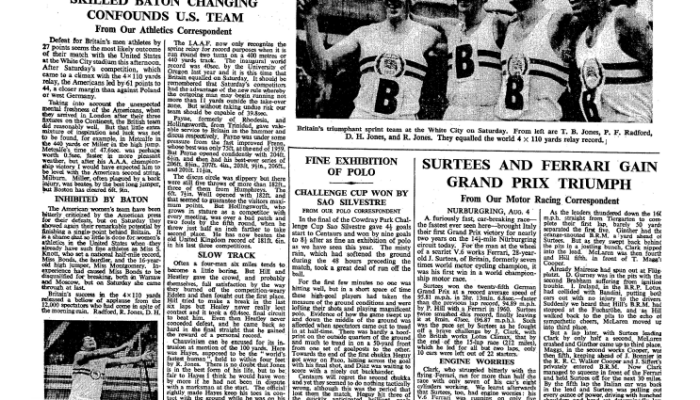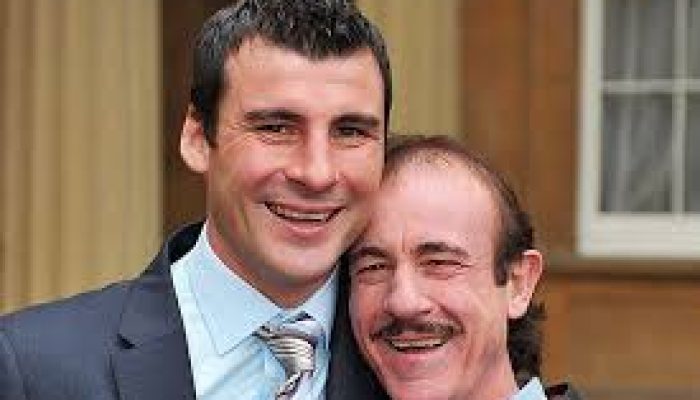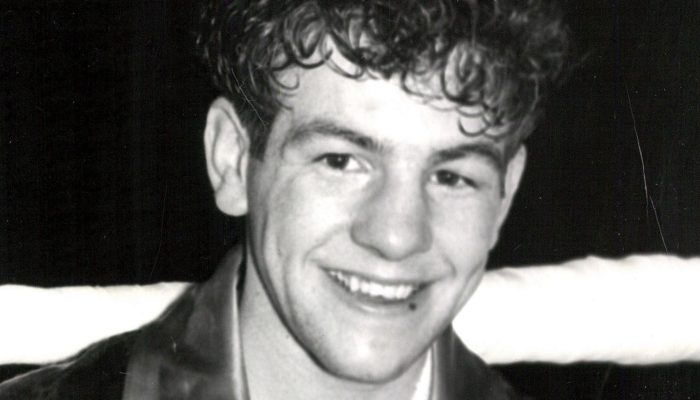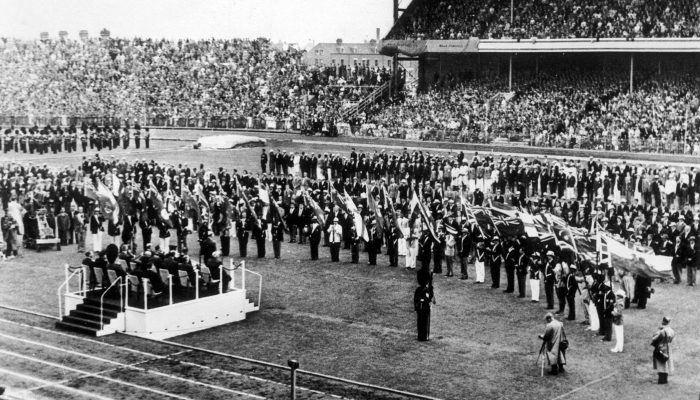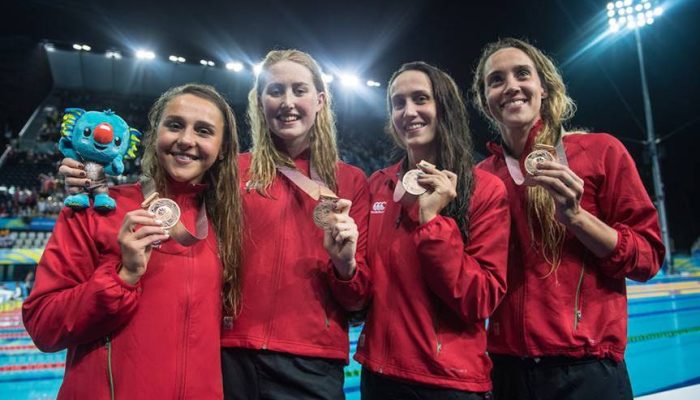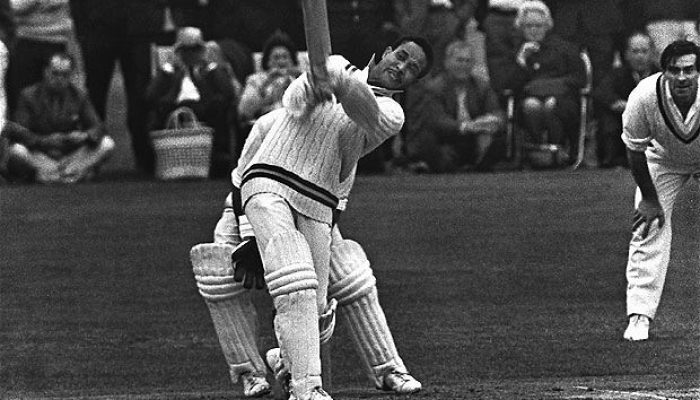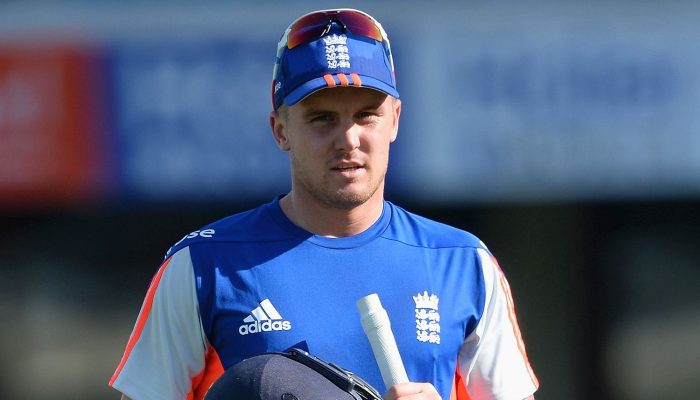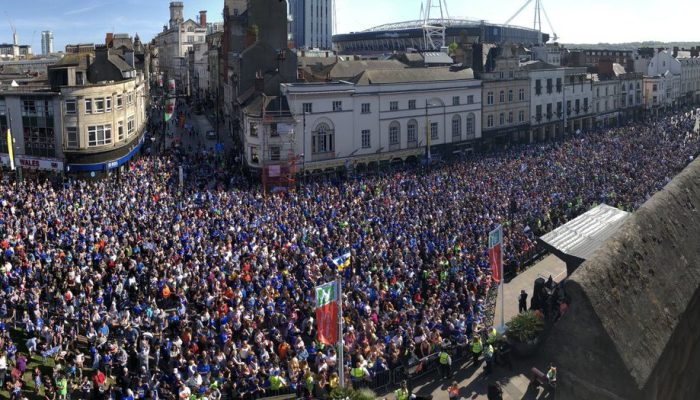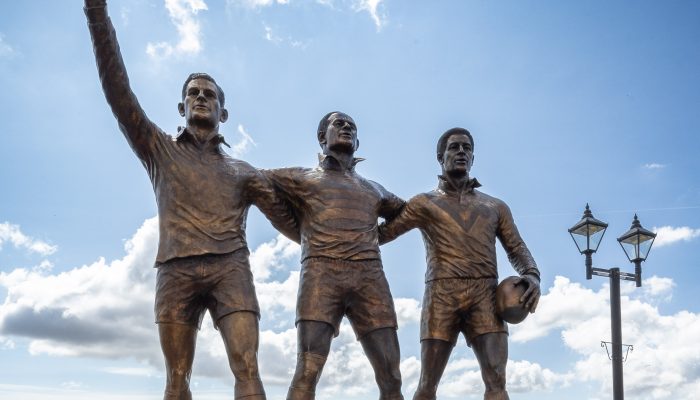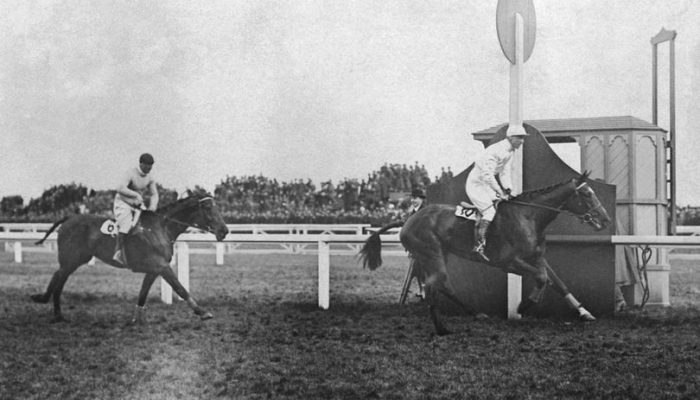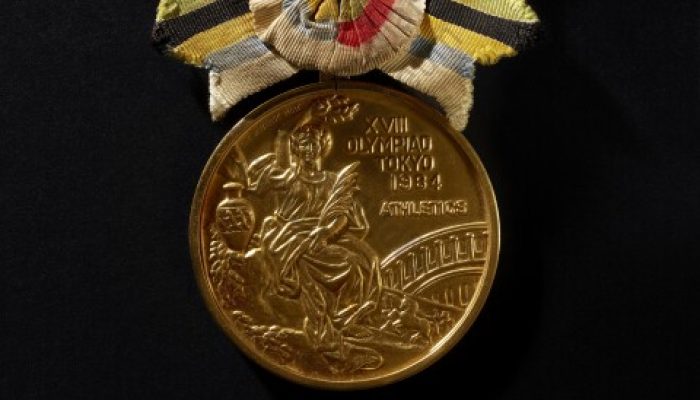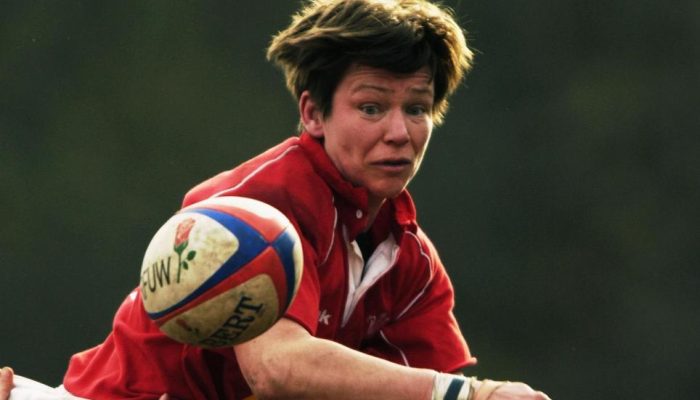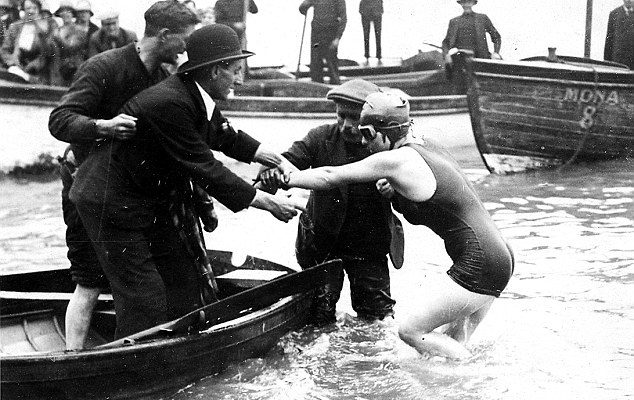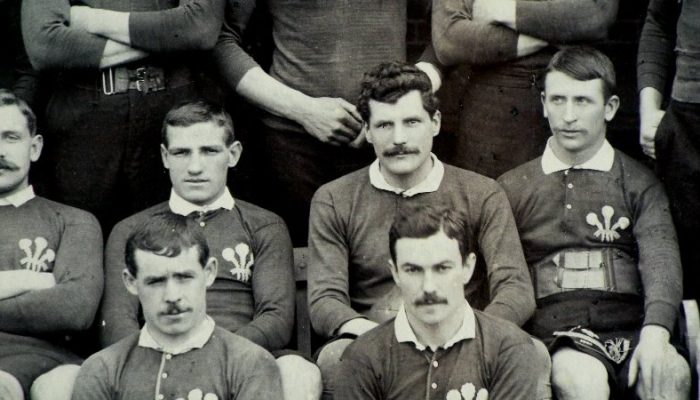
Arthur Gould
The name of Arthur Gould has lived long in the annals of Newport and Welsh rugby history. His exploits as a magnificent player and leader have inspired millions of words to be written about him. His memorabilia was for a long time displayed in the trophy room at Rodney Parade and in 2016 he was placed in the World Rugby Hall of Fame.
He was already on the Welsh Sports Hall of Fame Roll of Honour and has a list of achievements that make it difficult to deny his place at the top of any Welsh or World rugby poll of all-time greats. Such was his appeal while he was playing that when the South Wales Argus rugby writer, Dromio (William Townsend Collins) suggested he deserved a testimonial along similar lines to the great Victorian cricketer WG Grace, the public enthusiastically adopted the idea.
If WG was a national institution in cricketing terms, Arthur Gould was his equivalent in rugby – the game’s first true superstar, a man who played more first-class games than anyone of his age and who set records that stood for decades.
His 27 games for Wales between 1885-1897 set a world cap record
His 25 games at centre for Wales stood as a record until beaten by Steve Fenwick in 1980
His 19 games as Wales captain stood as an international record until beaten by Guy Basquet, of France, in the early 1950s
It stood as a Welsh national record until beaten by Ieuan Evans in 1994
No wonder, then, that public conscriptions flooded in, including one from the Welsh Football Union of £50. It was eventually decided to use the money to buy the deeds to the house in which Gould loved in Newport, Thornbury, Clytha Park, and present them to the great man.
It was a move that met with the wholehearted approval of an adoring rugby public in Wales, but met with widespread disapproval among the corridors of power in England, Scotland and Ireland. They felt it was an act that professionalised Gould and insisted the WFU (nowadays the Welsh Rugby Union), should not pick him again.
In early 1897, shortly after Gould had played his last match for Wales, ironically a 9-0 win over England at Rodney Parade, the WFU resigned from the International Rugby Board. They then voted Gould on to the Union committee. There were no matches against Ireland and Scotland in 1897, while Anglo-Welsh club fixtures ceased.
The RFU clubs eventually forced a turn-around by their governing body and Wales rejoined the IRB in 1898. At the age of 33, Gould didn’t play any more international rugby and ended his Newport career with 159 tries in 231 matches.
He continued to live at Thornbury until his death in 1919. Almost 100 years on, his descendants organised another public subscription under ‘crowdfunding’ and raised enough money to get a Blue Plaque erected on the side of the house. Once again it took little time at all to stimulate the public to show their appreciation of one of Wales’ ‘Greatest’ and the family are bringing the plaque to Rodney Parade to show off to fans as a ‘Thank You’ for their support.
Arthur Joseph ‘Monkey’ Gould
1864-1919
Rugby’s First Superstar.
This house ‘Thornbury’ was
presented to him from public
testimonial subscriptions
in 1897
The contribution of the Gould family to sport in Newport surpasses that made by almost any other. Six brothers played for Newport RFC, two of them captained the club, three of them played for Wales and two of them captained their country. In addition, Wyatt Gould ran for Great Britain at the 1908 Olympic Games.
But it was Arthur – nicknamed ‘Monkey’ for his penchant for climbing trees as a youngster – who was the pick of the crop. He led Wales to their first Triple Crown in 1893 and was such a talented all-rounder that he won £1,000 in foot races and played cricket for Monmouthshire.
Now there is a permanent reminder to the impact he made on sport in his beloved Newport and beyond in the shape of the Blue Plaque.
Arthur Joseph Gould (Rugby Player) Born in Newport on 10 October, 1864; Died in Newport on 2 January, 1919


